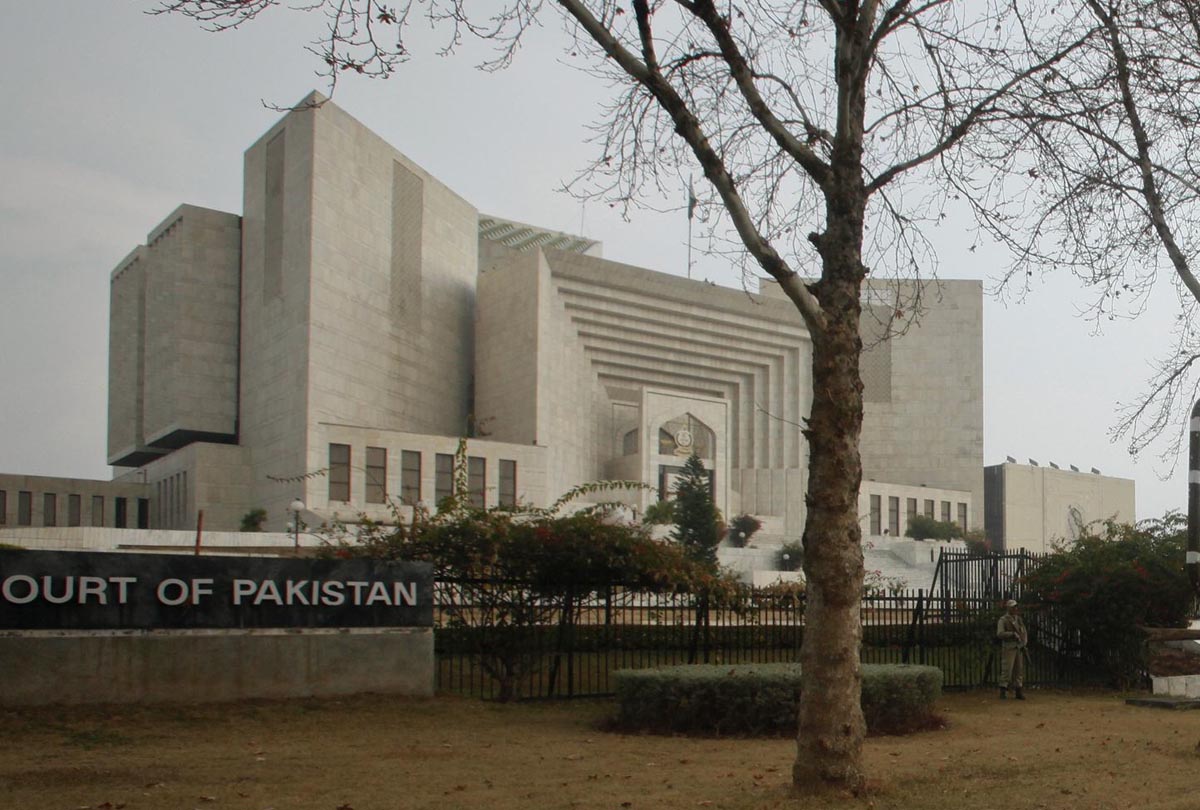
Chief Justice of Pakistan Justice Nasirul Mulk on Wednesday chaired a special meeting if all the chief justices of high courts and in charge monitoring judges to deliberate on expediting ATC cases pending in different courts of the country.
During the meeting it was decided that according to sub-section 7 of Section 19 of the Anti-Terrorism Court Act (ATCs) 1997, which defines the procedure and power of the ATC, “the court shall proceed with the trial on a daily basis and decide the case within seven working days”.
On inspection of the reports received from high courts and ATCs, the special meeting observed that only 10-15% of cases in ATC directly related to bomb blasts or terrorism by banned outfits. The remaining cases were pending before ATCs since they technically fell within the definition of ‘terrorism’.
After discussing the issue from different angles, the meeting decided that trial of terror cases will be given priority, with hearings to be held on a day-to-day basis.
The ATC must bind the witnesses, the investigation, prosecution agencies and the defence counsel so that cases are tried daily.
With regards to Balochistan and Malakand division, where FC, Levies and revenue officials are entrusted with the registration of FIRs and investigation of cases, the concerned government functionaries will have to ensure that police officers trained in investigating cases are immediately inducted.
The monitoring judges of high courts will hold a meeting once a month, which will be attended by all stakeholders including presiding officers of ATC, representatives of investigation, prosecution agencies, jail authorities, home departments, etc., to sort out the bottlenecks at that level. Monthly reports of these meetings shall be forwarded to the Supreme Court judges supervising the respective high courts.
Provincial governments shall take steps to reallocate the premises of the ATCs in consultation with the chief justice of the high court concerned.
The Supreme Court further directed that court offices shall bifurcate ATC appeals in high court into terrorism-related cases, and others so that the former are heard on priority basis.
The Law & Justice Commission of Pakistan Secretariat will review the Anti-Terrorism law to formulate recommendations, before dispatching them to the relevant quarters for further action.
Lastly, the monitoring judges of the Supreme Court will seek regular reports on the implementation of these decisions.
Under the existing monitoring system on the working of ATC , one judge of each high court is nominated as a monitoring judge of the ATC working under its supervision, whereas four judges of the Supreme Court have been nominated for four provinces to supervise the monitoring exercise being conducted in the high courts.

















COMMENTS
Comments are moderated and generally will be posted if they are on-topic and not abusive.
For more information, please see our Comments FAQ